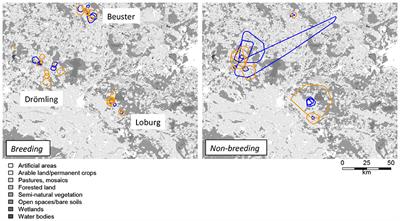METHODS
Published on 20 Dec 2019
The “Habitat Provision” Index for Assessing Floodplain Biodiversity and Restoration Potential as an Ecosystem Service—Method and Application
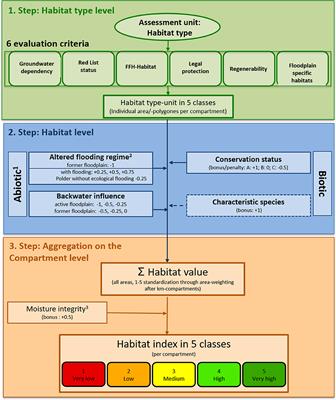
doi 10.3389/fevo.2019.00483
- 6,563 views
- 15 citations
11k
Total downloads
67k
Total views and downloads
Select the journal/section where you want your idea to be submitted:
METHODS
Published on 20 Dec 2019

ORIGINAL RESEARCH
Published on 11 Apr 2019
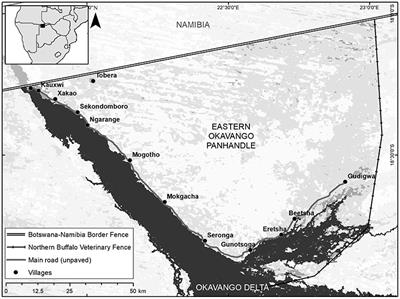
PERSPECTIVE
Published on 14 Feb 2019
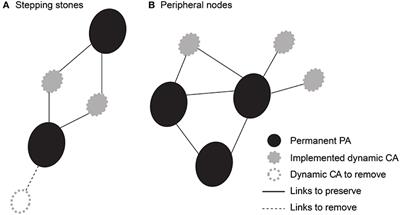
PERSPECTIVE
Published on 13 Feb 2019
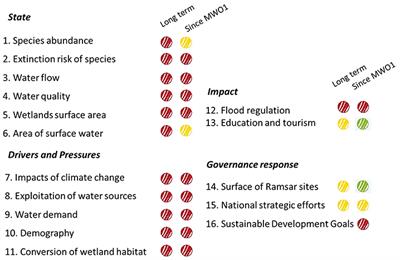
PERSPECTIVE
Published on 29 Jan 2019
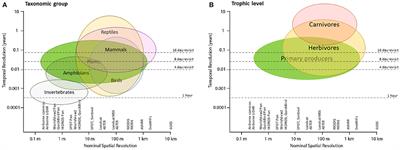
OPINION
Published on 21 Dec 2018
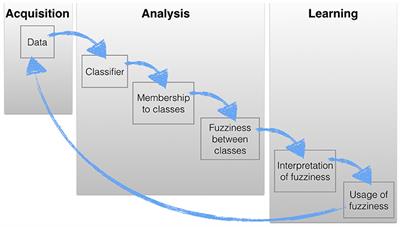
OPINION
Published on 05 Dec 2018
ORIGINAL RESEARCH
Published on 12 Jun 2018
